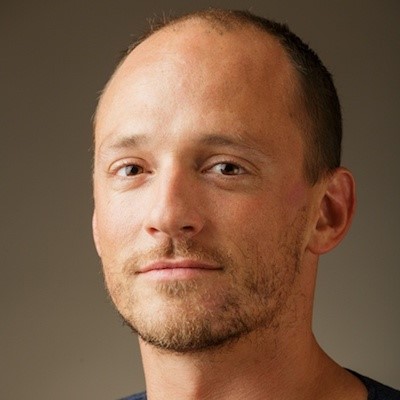Nathaniel Calhoun

Global Innovator and Keynote Speaker
Nathaniel is a WEF Top Global Innovator in Biodiversity. He works on two Digital Public Goods that use artificial intelligence to support biodiversity investment and forest conservation.
He is a Co-Founder and the Chief Strategy Officer at Bioverse, a Brazilian-based company that generates Forest Inventories to improve the unit economics of healthy, standing forests. Bioverse knows that conservation goals for tropical forests can only be achieved when the economic needs of Indigenous people and local communities (IPLCs) are prioritized. The resulting digital products help IPLCs to strengthen their supply chains for Non-Timber Forest Products (NTFPs) that form the basis of a sustainable bioeconomy.
Bioverse has three key customer segments: first, cosmetic and food industry players who buy NTFP; second, market makers (like multi-laterals, government and impact investors) who are trying to jumpstart NTFP-based bioeconomies in regions where they have not yet matured; and third, carbon and biodiversity project developers who need to create more financial resilience in their projects, while increasing local participation.
In Aotearoa New Zealand Nathaniel serves as the Artificial Intelligence and Strategy Advisor to the Eco-Index, a team of leading researchers creating digital tools that correlate investments in biodiversity with biodiversity outcomes. Eco-index helps to set science-based biodiversity restoration targets and then offers practical advice (including estimated costings) for the restoration activities that must take place.
As a very early supported of the Digital Development Principles and a consistent advocate of non-rivalrous collaboration, Nathaniel coordinates with the Digital Public Goods Alliance, the Biodiversity Credit Alliance and dozens of organizations who seek to avoid fragmentation and duplicated effort amongst digital solutions.
Nathaniel is keen to help developers of environmental technologies to avoid the period of waste and hyper-fragmentation that characterized early phases of work in digital health technologies.
More about Nathaniel Calhoun:
Nathaniel has spent two decades working between centres of executive decision making around the world. As co-Chair of Singularity University’s Global Grand Challenge Faculty, he has helped guide a new approach to changemaking and impact. He has moderated numerous SU Executive Programs and directed SU’s flagship impact program, the 10-week Global Solutions Program (GSP).
Nathaniel founded Code Innovation in 2009 to provide technological and consultative services to international aid and development organisations, specifically in the arenas of financial inclusion, business development, poverty alleviation, education and resilience building. His open source platforms have received the support of UNICEF, the Gates Foundation, the British Government and a variety of private donors.
He advises a number of start-ups that work in artificial intelligence, robotics, conservation and inclusion.



